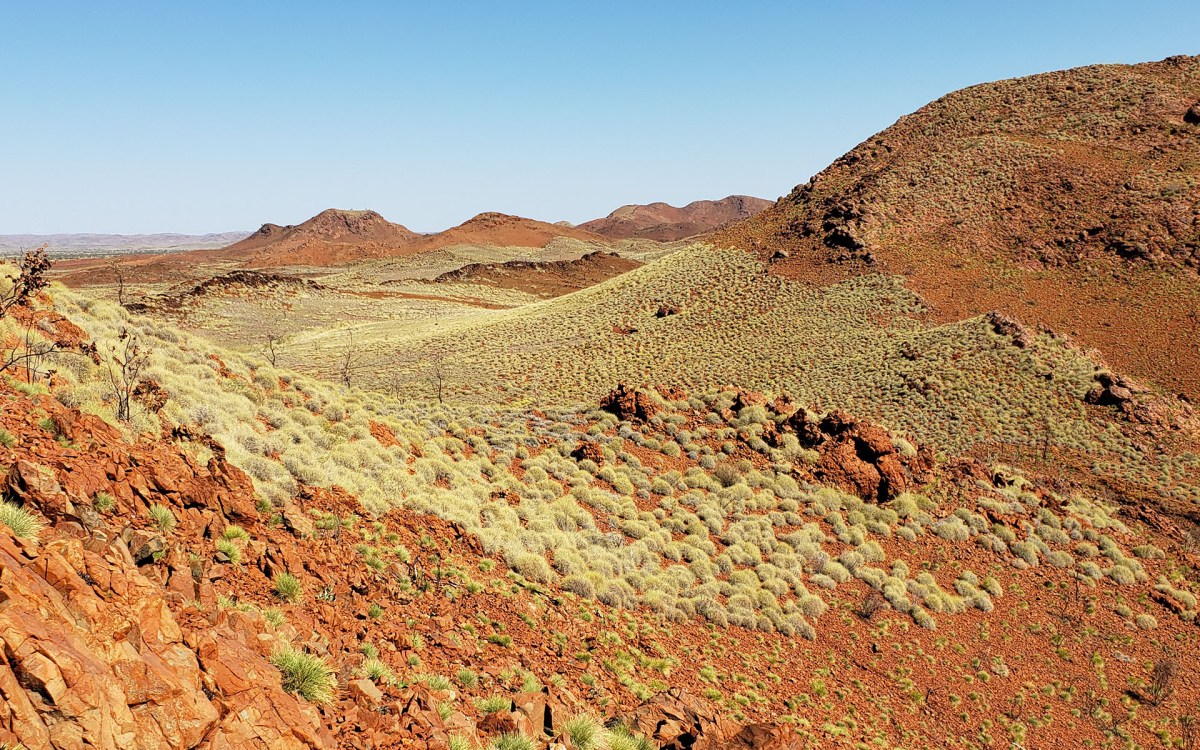Woolsey: New technologies will make need for oil obsolete
Salt was once highly valued as a preservative for meat, but eventually a new technology — refrigeration — greatly reduced its value. Today, rather than a contentious commodity, salt is a humdrum condiment.
Energy expert James Woolsey told a Harvard audience on Nov. 19 that we must strive to make oil as boring as table salt. How? Through dramatic new technologies that will obviate oil much as refrigeration cut demand for salt.
Woolsey, director of the Central Intelligence Agency from 1993 to 1995 and now a partner with California-based VantagePoint Venture Partners, spoke to a full lecture hall in the Science Center about “Energy, Security and the Long War of the 21st Century.” His address was part of a lecture series on the future of energy, hosted by the Harvard University Center for the Environment.
After a lighthearted biographical sketch (Rhodes Scholar at Oxford, Yale Law, service in the military and in a variety of government and advisory roles), Woolsey explored the national security implications of a shift away from fossil fuels, differentiating between “malignant problems” and “malevolent threats.”
Malignant problems, he said, occur when a random accident disturbs a complex system. In August 2003, three branches tangled with power lines in Cleveland; nine seconds later, 80 gigawatts — equivalent to the wattage produced by 80 nuclear power plants — was offline across the northeastern United States, leaving millions of people in the dark.
As an analogy for the nation’s fragile, overstressed, and unreliable electric grid, Woolsey encouraged the audience to imagine the state of the nation’s roads today if President Dwight D. Eisenhower had not pushed in the 1950s to develop the interstate highway system.
“Imagine that poor infrastructure with the demands of today’s economy on it, with 18-wheelers careening down curvy roads, getting stuck all the time, trying to pass on blind corners,” Woolsey said. “That is not a bad analogy for the electrical grid we have today.”
Malevolent threats are smarter than those Cleveland tree branches and could easily cause a major catastrophe, Woolsey said, such as with a physical or cyberattack on electrical transformers. Exaggerating to make his point, Woolsey suggested that the firewalls protecting the electrical grid from cyberattack “are pretty good at keeping out 8-year-old hackers, but once you get to teenagers, it’s a different story.”
While these challenges in the electric system are significant, Woolsey pointed out that all could be overcome with policy changes and technical innovation in our own backyard. He said the energy needs of our transportation system, on the other hand, present a series of vulnerabilities that are based in the oil politics of the Middle East.
Woolsey noted that in the 1970s, the United States imported about one-third of its oil, a proportion that has since doubled. Each year, the United States spends hundreds of billions of dollars to buy oil from Saudi Arabia, a wealthy country that’s home to conservative Islamic sects, some of which align ideologically with al-Qaeda.
Woolsey borrowed a principle from columnist Thomas Friedman’s new book “Hot, Flat and Crowded,” namely, that the path of freedom and the price of oil run in opposite directions. So the money Americans spend filling their gas tanks, he said, not only fuels their cars but also fuels virulent anti-American sentiment and oppressive regimes.
After painting this gloomy picture of our nation’s current energy use, Woolsey offered a few remedies.
To decelerate the pace of climate change, he suggested moving away from coal unless and until we can capture its carbon dioxide emissions effectively. To save money on personal electric bills, he suggested that individual energy users make real efforts at efficiency. Woolsey lauded the example California’s state government set by rewarding investment in energy savings rather than merely incentivizing increased energy production. He advocated making the American electrical grid more resilient to storms and terrorist attacks.
Lastly, he encouraged government intervention to ease two problems. First, he said, the procedures of many energy providers engender conflict with our neighbors. Government agencies, Woolsey said, can help diverse stakeholders share compatible processes and policies across the United States and Canada. Second, Woolsey advocated government intervention to support research and development of alternative liquid fuels as well as partial use of electricity in car travel.
Following an overnight recharge, Woolsey’s own modified Toyota Prius costs only about 60 cents to drive 25 miles. And who wouldn’t like to imagine that as the future of energy?





